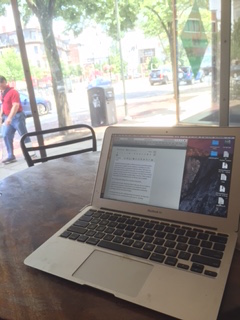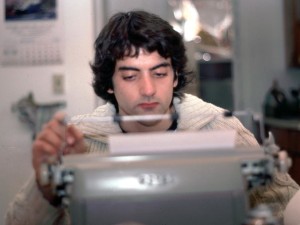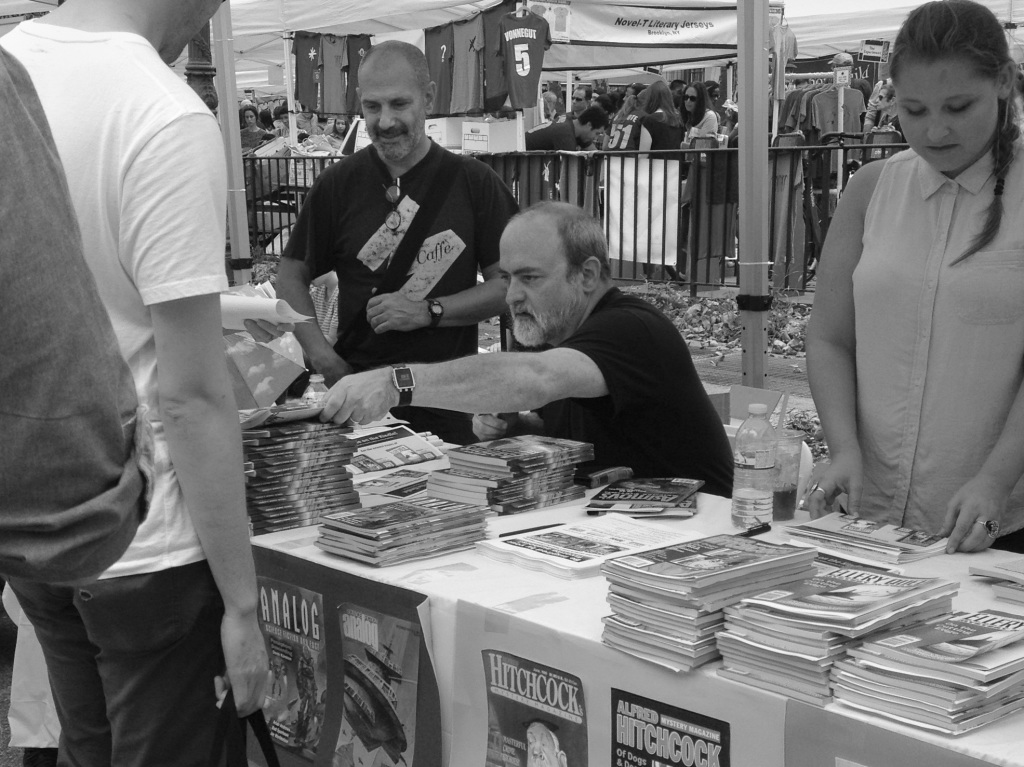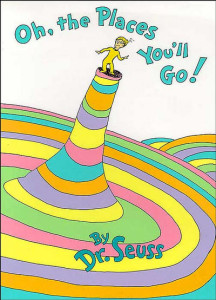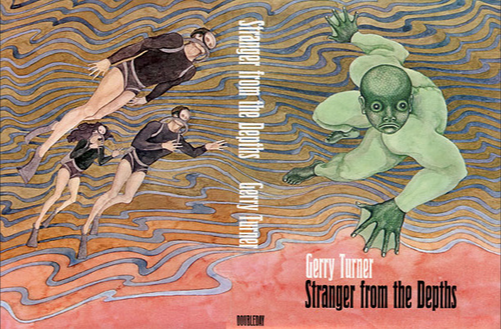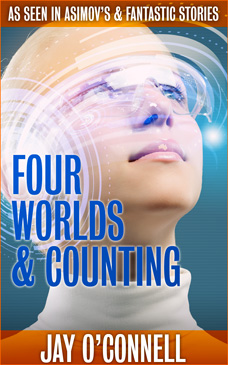(The photo above is an image of me deciding to blog instead of writing Facebook posts.)
My single professional writer friend, the one who went pro earning six figures year in the three years I wrote and sold ten short stories for 4k, says if you want to write fiction—write fiction.
Social media is a waste of time.
At least, it can be, if you put the cart before the horse. It was for her. She was canny; savy; she did all those things that your pro heros tell you never to do; she studied the market, wrote to it, and made money while still finding the work compelling and fullfilling… she did as little social media as possible.
Social media, she would say, is writing for free.
Like I am here.
I spent an hour, and the 5-20 people who read this a day get something new to look at, and theoretically, someday, they might be more inclined to buy a book of mine and eventually, it all snowballs and I become rich and famous.
He says, voice expressionless, eyes flatly gazing into the middle distance.
Yeah. It’s unlikely. But at least, at your blog, you’re the brand; it’s an ad for you and your products and whatever else you want to hawk; it’s your goddamn little lemonade stand.
Still, it’s hard not to just post to Facebook, where two to ten times more people will look at it.
But something about FB stinks. See the monkey above. The little monkey inside us, who doesn’t want to work for free for Mark Zuckerberg.
Or, if you’re an optimist, who doesn’t feel this monkey, you do want to take advantage of a global network, hundreds of millions of dollars of software development, for free, to promote your personal brands, and connect to friends, customers and colleagues…
Facebook, yay!
The reality is, we are doing both of those things at once. Well. A few build a commercially viable brand; the vast majority are just throwing money at Zuckerberg.
To generalize, between Youtube, Facebook, and blogging portals like HuffPo and Gawker, content creators have a vast array of new opportunities to work for nothing or almost nothing for millionaires and billionaires.
Err.
Rather, original content creators now are able to directly reach audiences without having to worry about breaking genre rules, about offending the gatekeeper sensibilities, waiting for years and years to be filtered, edited and packaged.
It’s both at once, you don’t get one without the other.
The problem is that monkey up there, making your peace with him.
Especially for those of us who grew up in a different world, the pre-digital world. We lived through a peculiar time, a time of a vast mass market, dominated by a handful of channels, controlled by gatekeepers of various sorts; if you made content, and got it past the gate, you got paid. Sometimes you got screwed, like the Beatles did on their first albums, when they were paid a flat salary and penicillin shots to cope with the STDs from groupies. Still. They were paid enough to live.
Basically, you made stuff, and somebody else sold it. You helped by talking to the media, who in turn, made something by talking to you, which they sold. (with ads.)
As we have entered the digital age, the file sharing age, the tech bubble billionaire age, the age of creative disruption, we’ve entered into the world of the free chicken nugget. You can’t expect to sell your pile of chicken nuggets and sweet sauce unless you give people a taste first. Not just chatter about nuggets. People want a free goddamn nugget.
Now, in a food court with ten vendors, we can all do this, and still, if you want a meal, you’re going to have to pay eight dollars. You can’t keep going back for free nuggets.
But the internet is a food court that stretches a million miles long.
You can, and many–most?–simply can continue to walk down the row of desperate vendors to the vanishing point consuming free samples until they are full.
You could try to resist this. But once the culture gets going, you would simply be committing suicide. Chicken in sweet sauce with starch is now sold by giving away free nuggets.
The older generation doesn’t get it, and never will, ensconsed in the previous, but still brutal system, which they mastered. Ursula LeGuin can bad mouth indy publishing at Amazon. She doesn’t need it. Harlan Ellison, when confronted with the nugget analogy to explain why a magazine I work for was giving away an issue with one of his stories snarled.
‘People are getting too many of my free nuggets.’
Coming home from a week long media detox (I read a newspaper at one point and felt like one of those re-enactors at Colonial Williamsburg.) I find myself re-examing how I use my time; where I run my eyeballs; what I am getting out of what I’m doing; what make sense; what is joyless compulsion.
No easy answers. The monkey in me is not happy about any of this. My monkey isn’t sure that the current generation of robber barons are necessarily building a more sustainable future than the past they are gleefully destroying.
But the content creator in me has to be hopeful.
It has to play the game.
Which I guess is along winded way of saying, enjoy this nugget!
Would you like a short story or two, to go along with that?
If you click in the sidebar, you can get some more.
